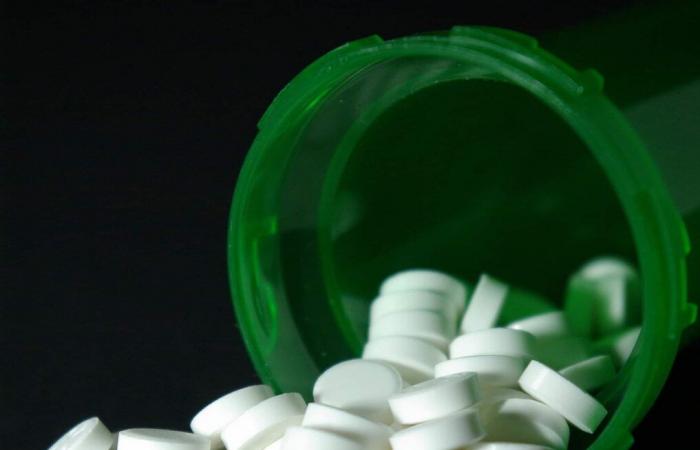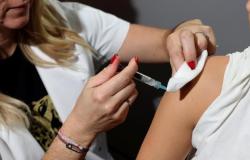
A distribution campaign for iodine tablets is underway in several towns in Vaucluse, close to the Tricastin and Cadarache nuclear sites. The objective is to protect the population in the event of releases of radioactive iodine.
A new campaign preventive distribution of iodine tablets began in the Vaucluse department in September 2024. This operation, led by the Ministry of the Interior and financed by nuclear operators, aims to protect residents near nuclear installations likely to release radioactive iodine.
“This campaign is aimed at individuals, establishments open to the public, businesses and communities located within a radius extending up to 10 km around certain nuclear sites », Informs the prefecture of the department. In Vaucluse, the municipalities of Bollène, Lapalud, Lamotte-du-Rhône and Mondragon, close to the Tricastin site, as well as Beaumont-de-Pertuis, close to the Cadarache site, are concerned.
Distribution of iodine in Vaucluse
Residents and workers of these municipalities can collect their iodine tablets free of charge in partner pharmacies, without proof for individuals. For companies and establishments open to the public (ERP), a withdrawal voucher is necessary. The list of partner pharmacies is available on the sante.fr website.
“People with iodine tablets whose expiry date has expired (tablets from previous distribution campaigns) are invited to return the boxes of expired tablets to the pharmacy,” state services specify.
This campaign follows several security initiatives established since 1997, aimed at protecting populations in the event of a major nuclear accident. Stable iodine, in the form of potassium iodide, saturates the thyroid and prevents the absorption of radioactive iodine. These tablets are taken after the prefect's prescription, ideally a few hours before an explosion (when it is foreseeable) or at the latest eight hours afterwards.
This measure is particularly aimed at newborns, children, people under 18 years of age, and pregnant or breastfeeding women, who are more sensitive to the risks linked to radioactive iodine.





